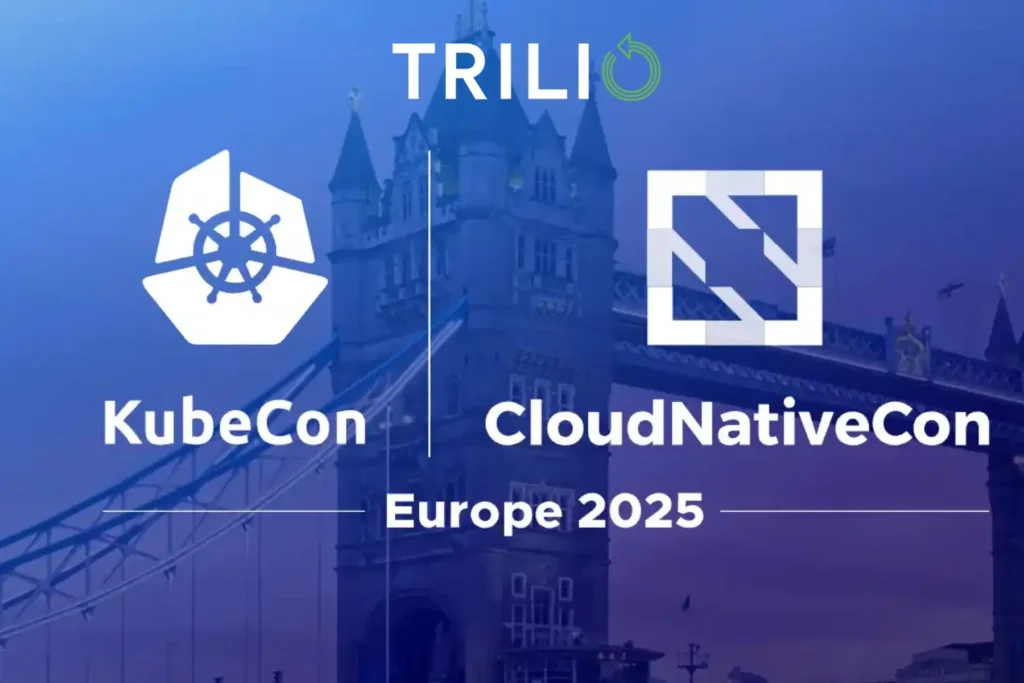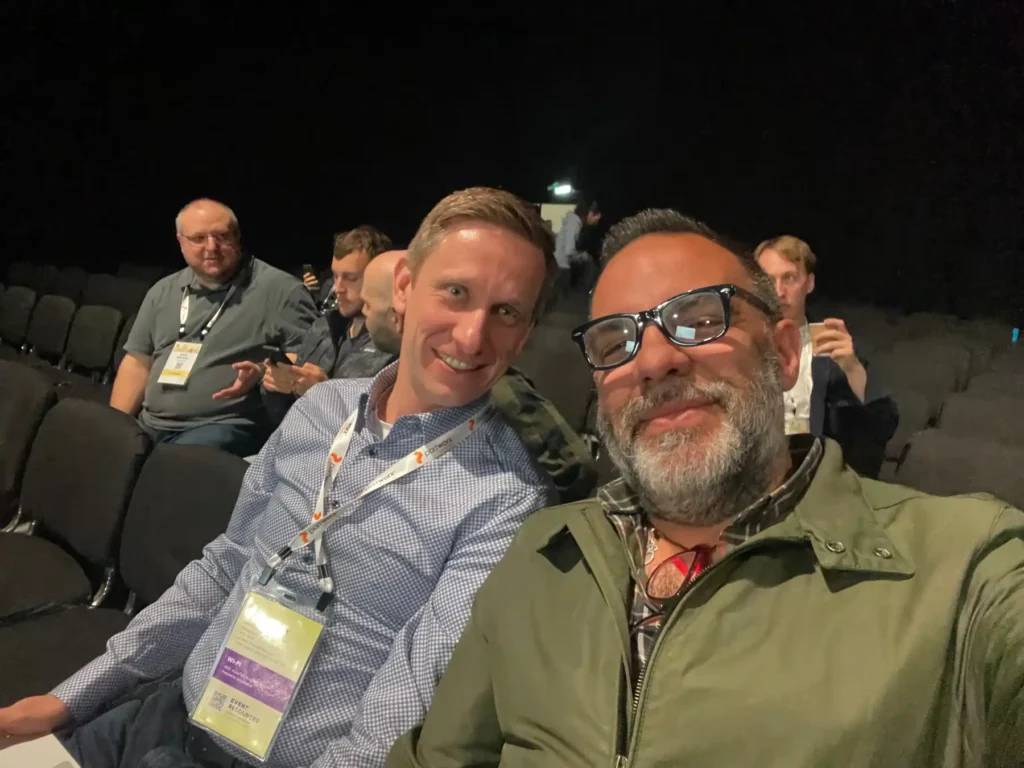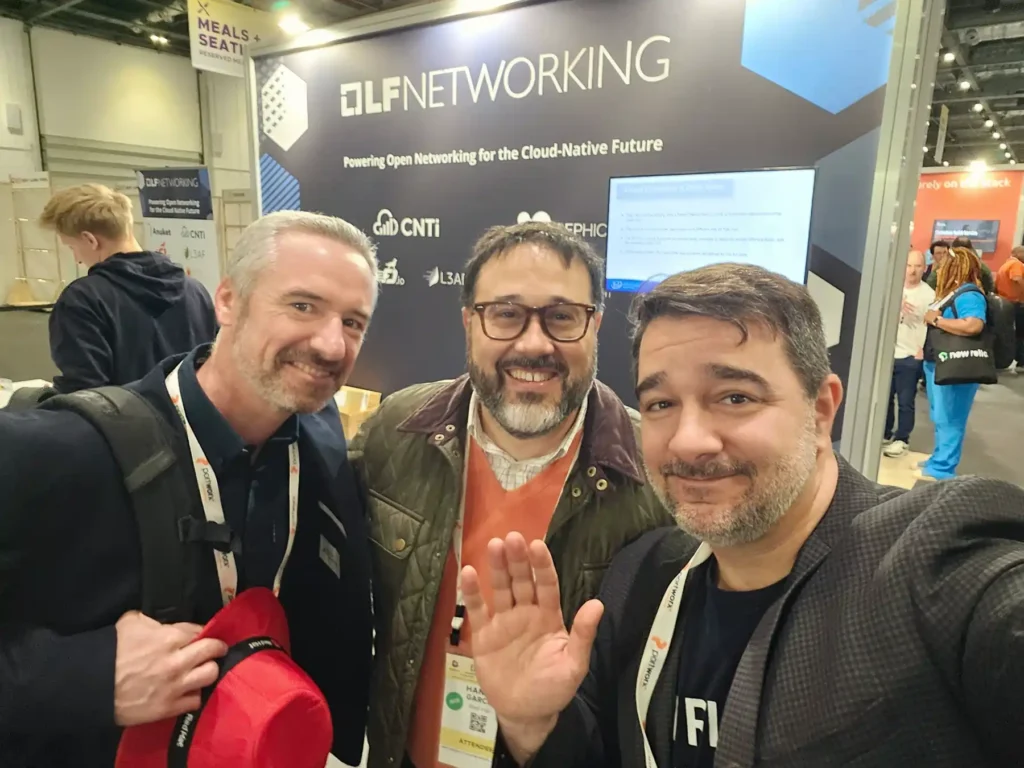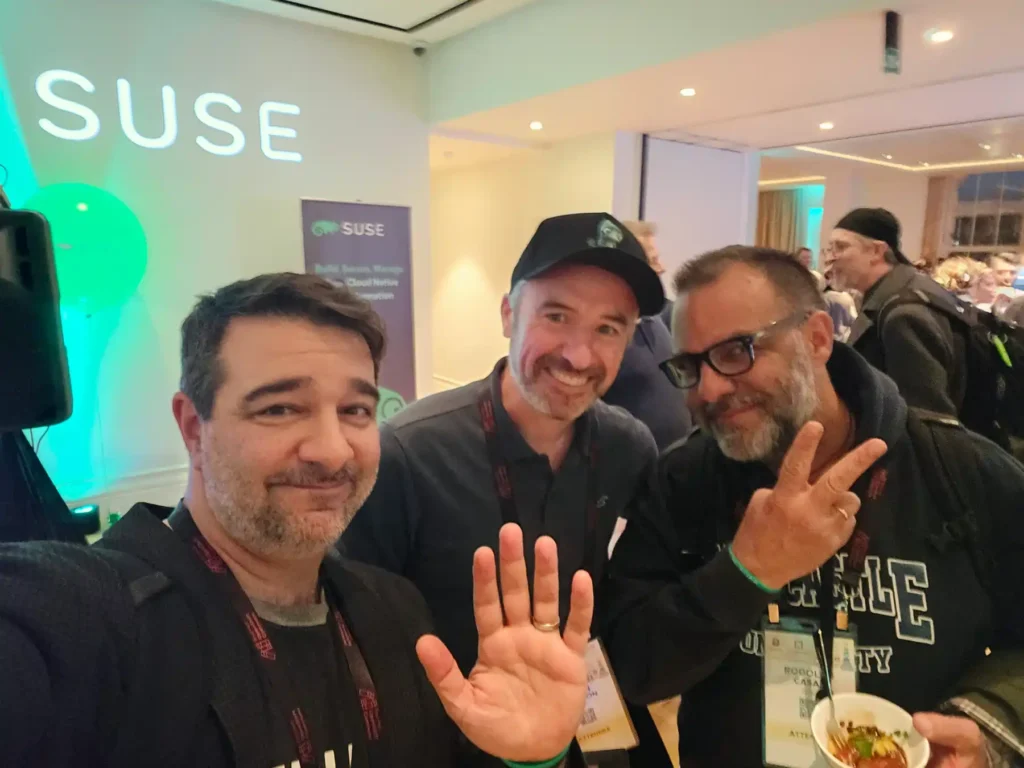
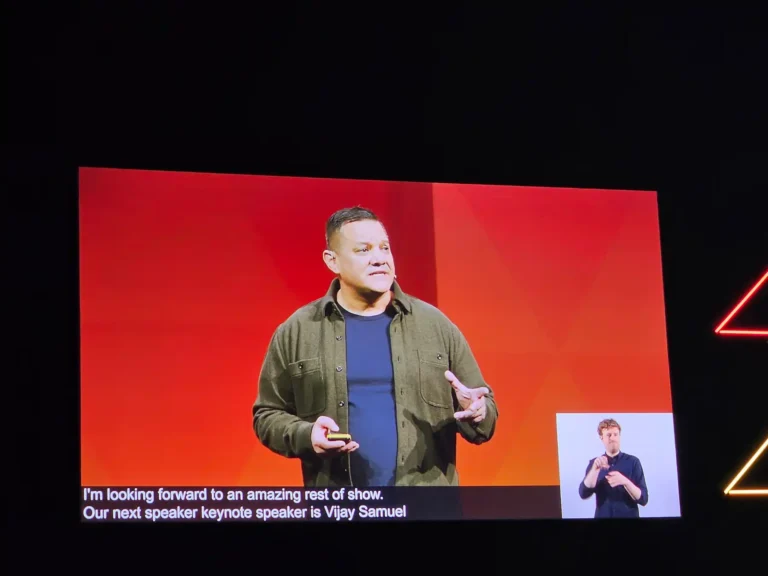
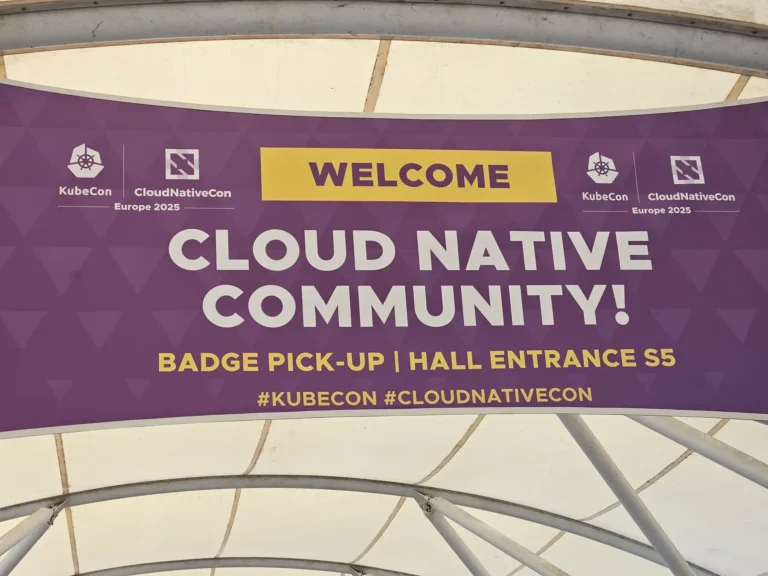
What a week it was in London! KubeCon + CloudNativeCon Europe 2025 had all the energy of a music festival for cloud-native tech — and it didn’t disappoint. I had the pleasure of hitting the ground with Kevin Jackson and Rodolfo Casas, and right from the start, it felt like we were back with our extended family. The joy of reconnecting with old friends, sharing laughs, swapping Kubernetes war stories, and meeting new faces who are just as excited about cloud-native as we are — that’s what really makes KubeCon special.
Kicking Things Off with Red Hat OpenShift Commons
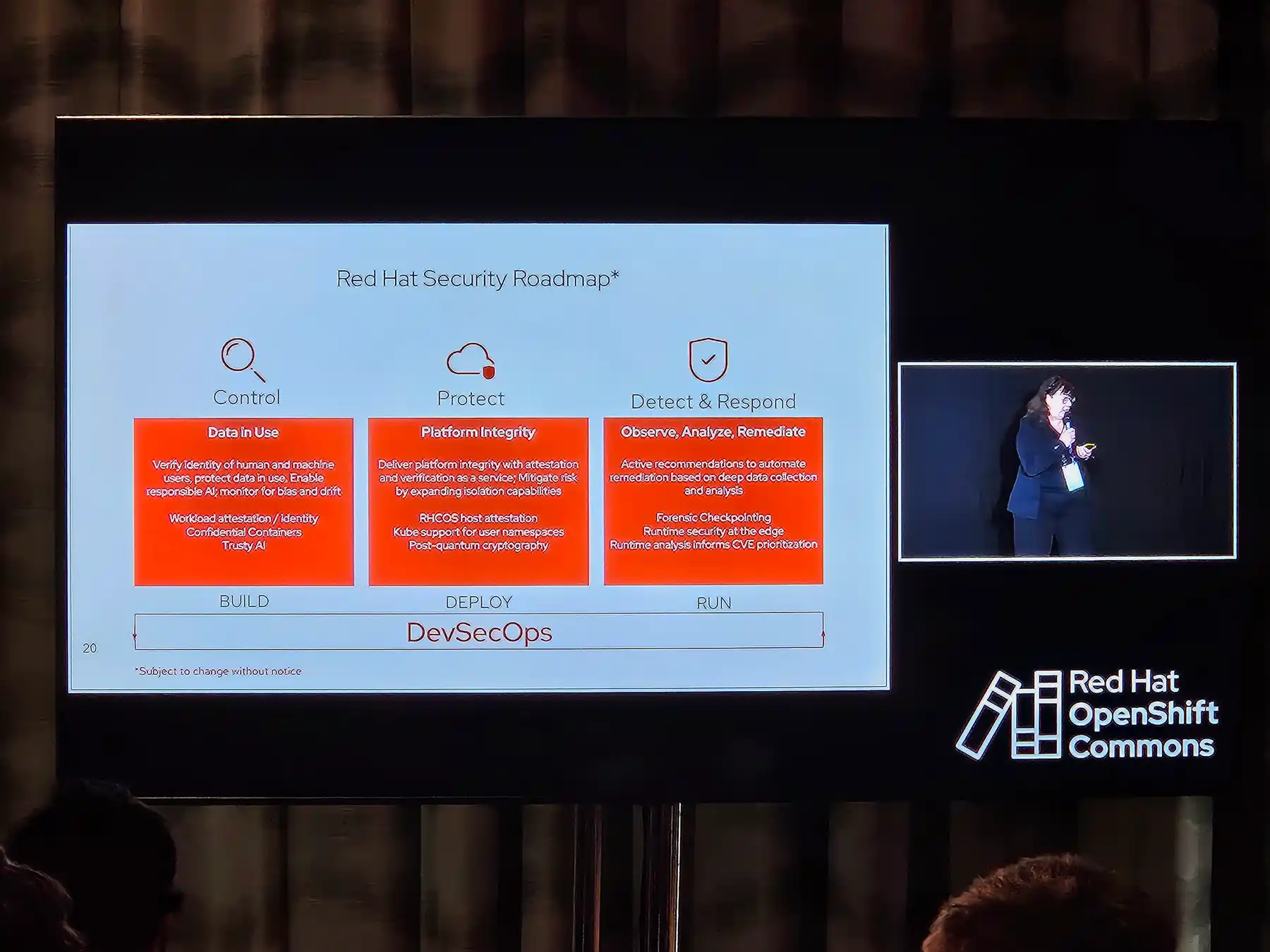
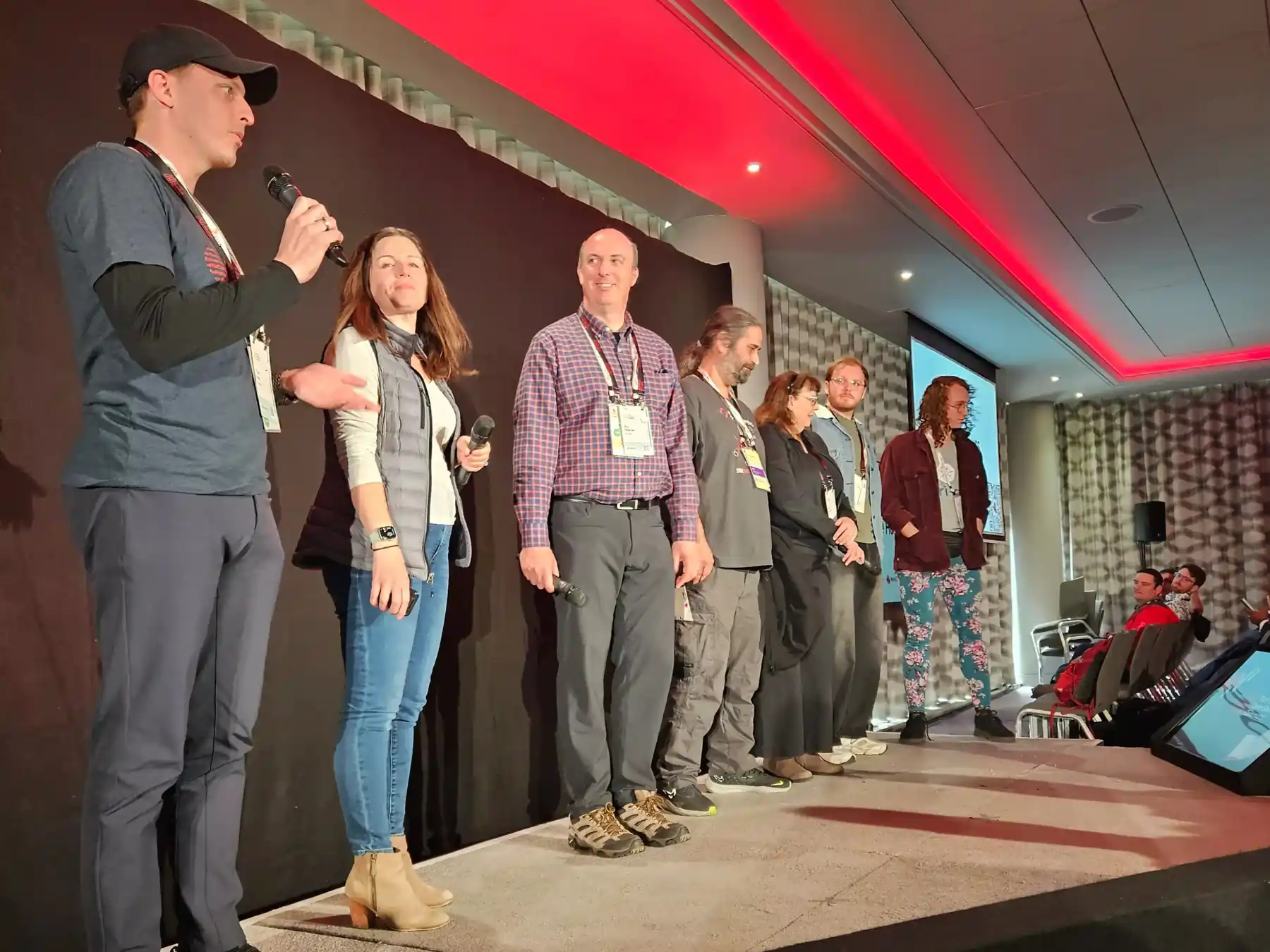
Before the main event even began, the week kicked off with the in-person OpenShift Commons Gathering on April 1st — and what a way to start. This community-driven event was packed with Cloud Native practitioners running OpenShift in production. They took to the stage to share real-world use cases, breakdowns of their workloads, and invaluable lessons learned along the way. It was a refreshing reminder of just how much experience and insight this community has to offer. If you missed it, don’t worry — there are some fantastic recorded sessions available that I highly recommend checking out. The stories shared are a goldmine for anyone navigating cloud-native architecture on OpenShift. Here is a link to the day’s agenda.
Europe Steps Up in the Cloud-Native World
This year’s KubeCon was the biggest in Europe’s history, and for good reason — the continent is becoming a powerhouse for open-source innovation. You could feel the momentum everywhere, from packed keynotes to hallway conversations that turned into deep dives about resilience, observability, and the future of stateful applications.

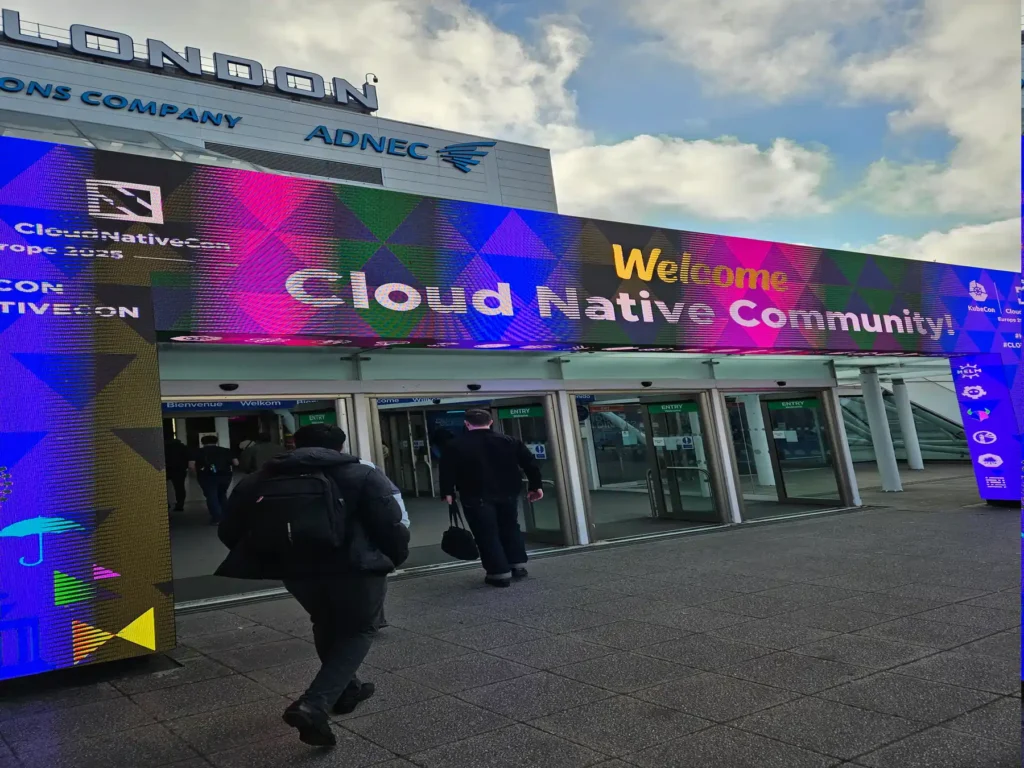
Cloud Native 2024: Approaching a Decade of Code, Cloud, and Change
In its tenth year, the CNCF Annual Survey continues to serve as a pulse check for the community. In the fall of 2024, 750 cloud-native practitioners participated, offering fresh insight into trends around adoption, containerization, Kubernetes usage, and project momentum. One standout stat? Nearly a quarter of respondents said that almost all of their development and deployment now uses cloud-native techniques. With that kind of saturation, it’s no surprise we’re seeing rapid evolution in the tools and priorities that matter most. If you haven’t yet, dive into the full report — it’s a fascinating snapshot of where we’ve been and where we’re heading.
👉 Download the report here

Major Announcements That Caught Our Attention
One of the big headlines was the launch of the NeoNephos Foundation by the Linux Foundation. The foundation emerged as an outcome of the IPCEI-CIS, an Important Project of Common European Interest (IPCEI) around Next Generation Cloud Infrastructures and Services (CIS) initiated by the European Union. Focused on driving digital sovereignty and collaboration in Europe, it’s a powerful signal that open-source innovation isn’t just global — it’s also local, with regions like Europe leading the way on strategy and execution.
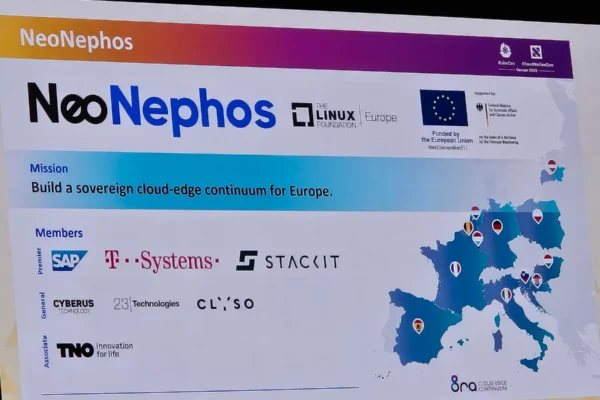
Over at “VMs on Kubernetes Day”, there was tons of buzz about how virtual machines and Kubernetes are finally learning to play nice. The industry is clearly pivoting to support hybrid application architectures, and it’s exciting to see the ecosystem rally around it.
Splunk also came in strong, unveiling new innovations in OpenTelemetry and AI-powered observability. Citing its research showing that nearly 60% of organizations rely primarily on OpenTelemetry, Splunk has made the standard the basis of its Observability Cloud. Their updates help teams more quickly detect anomalies, resolve issues, and stay ahead of incidents — a big win for any organization looking to build digital resilience into their platform.
Data Protection Working Group Levels Up with CBT
As someone deeply passionate about data protection, I was especially excited by the update from the Kubernetes Data Protection Working Group. They shared their progress on bringing Changed Block Tracking (CBT) support to Kubernetes and the CSI (Container Storage Interface). For those unfamiliar, CBT drastically boosts backup and replication performance by tracking only the blocks that have changed between snapshots. That means faster backups and lower resource usage — exactly what modern Kubernetes environments need. The best part? CBT is now in beta with Kubernetes 1.32. It’s a huge step forward for scalable and efficient data protection.
Mark Your Calendars: KubeCon Is Going Global
The global scale of this movement is a clear sign that Kubernetes and cloud-native technologies are central to digital transformation around the world. If you’re thinking about attending a future KubeCon (listing from CNCF here), there are some incredible stops on the horizon:
KubeCon + CloudNativeCon China: June 10–11 in Hong Kong
KubeCon + CloudNativeCon Japan: June 16–17 in Tokyo — their first ever in Japan!
KubeCon + CloudNativeCon India: August 6–7 in Hyderabad
KubeCon + CloudNativeCon North America: November 10–13 in Atlanta
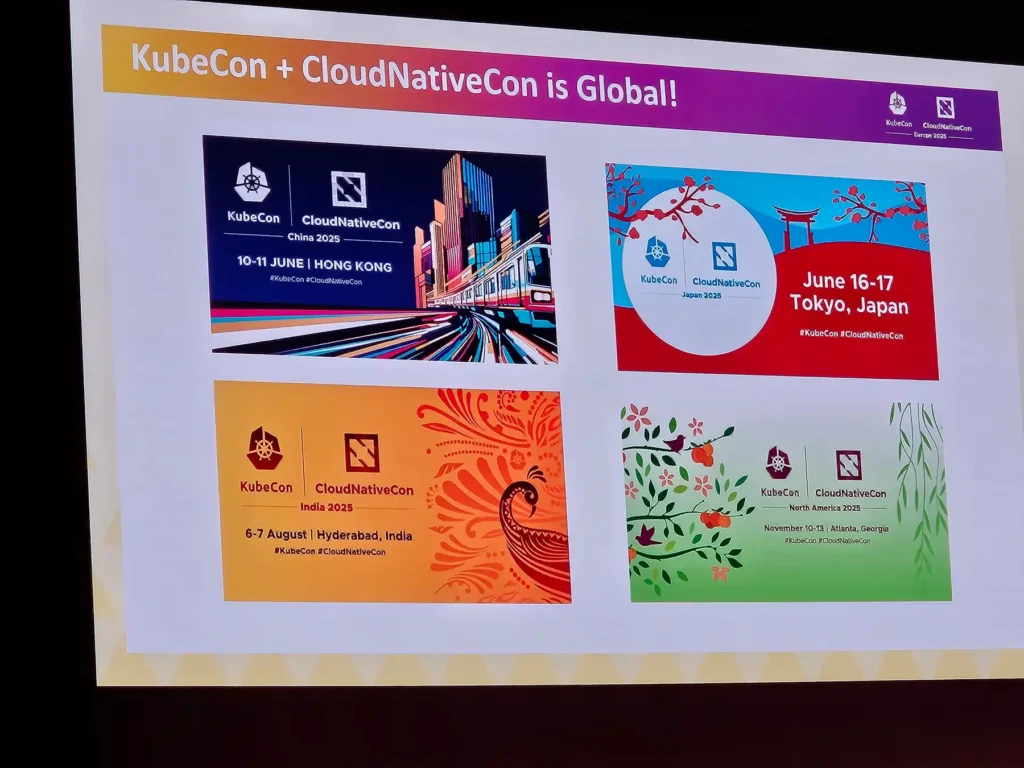
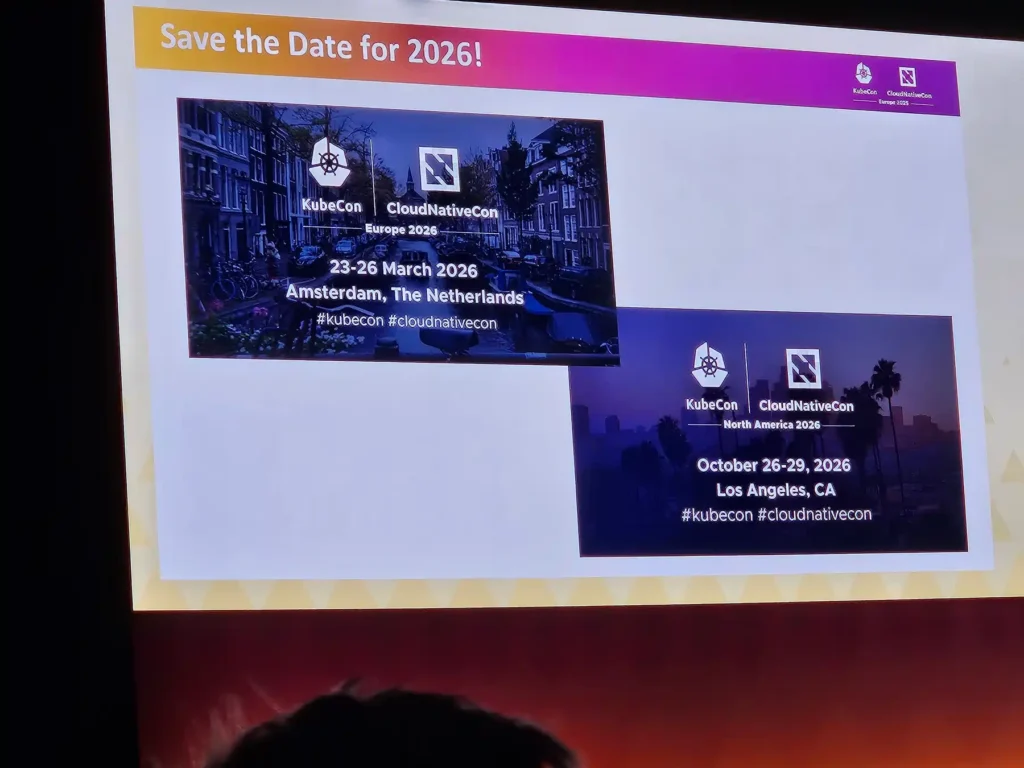
If you are feeling nostalgic here are some video’s from previous KubeCon’s….which one was our favorite???
Kubecon Salt Lake City 200 videos ![]() Day 0 – KubeCon + CloudNativeCon North America Highlights
Day 0 – KubeCon + CloudNativeCon North America Highlights
Kubecon Paris 2024 358 videos ![]() KubeCon + CloudNativeCon Europe 2024
KubeCon + CloudNativeCon Europe 2024
Conclusion
Trilio’s Takeaway
For us at Trilio, London was more than just a destination. It was a reminder of why we’re here: to help organizations protect, recover, and move their applications with confidence. Whether it’s through our conversations on the show floor or the feedback we get from users solving real challenges — we’re committed to staying ahead of what this community needs.
A big thank you to everyone we met, reconnected with, and learned from. The future of cloud-native is collaborative, resilient, and ridiculously exciting — and we’re here for it.
See you at the next stop!

